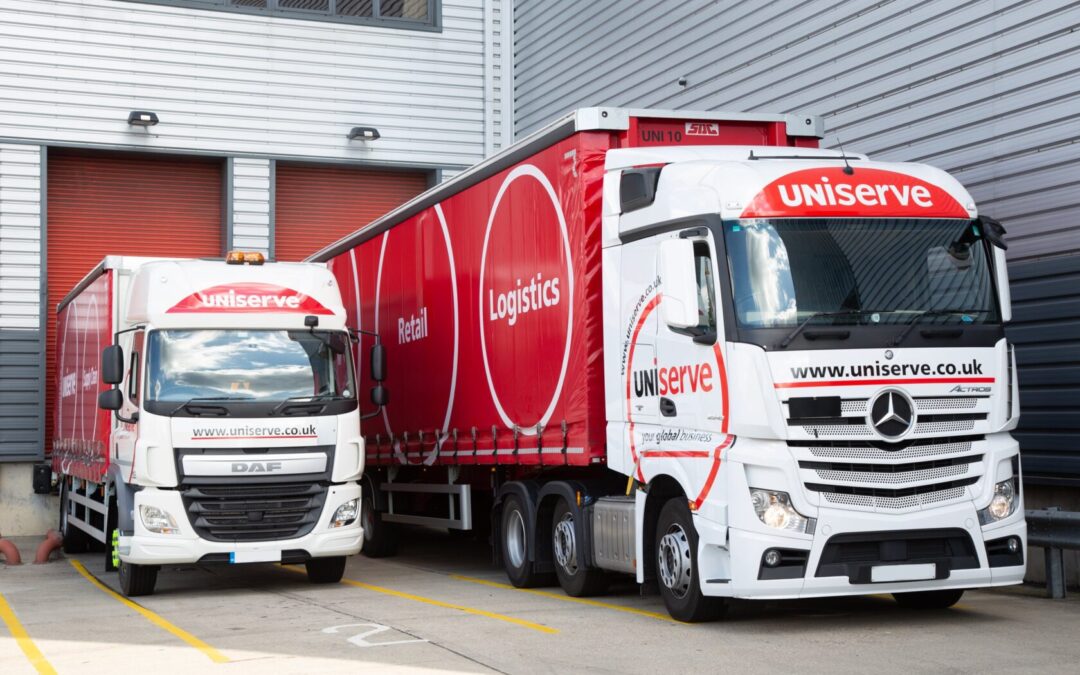Road freight is a critical component of the logistics and supply chain management, facilitating the movement of goods over land via motor vehicles such as trucks and large lorries. This mode of transport is essential for the distribution of goods both locally and internationally, offering flexibility and door-to-door service.
What is Road Freight?
Road freight refers to the transport of cargo by road, using various types of vehicles. It is one of the most common methods for transporting goods due to its cost-effectiveness and efficiency in delivering goods over short to medium distances. Road freight can be categorised into different types, including heavy goods vehicles (HGVs), vans, and light trucks, each suited for specific types of cargo and distances.
How Does Road Freight Function in the Logistics Chain?
Integration in the Supply Chain
Road freight plays a pivotal role in the logistics chain by providing essential connectivity between other transportation modes like air, rail, and sea freight. It is often used for the first and last mile of the logistics chain, which involves the transportation of goods from the origin to a transportation hub and then from the hub to the final destination.
Flexibility and Accessibility
Unlike other modes of transport, road freight offers unmatched flexibility in terms of route and timing adjustments, which is crucial for meeting tight delivery schedules and handling emergency shipments. This mode of transport is also essential for rural or difficult-to-reach areas where other transport options might not be available.
Key Benefits of Road Freight in Logistics
Cost-Effectiveness
For short to medium distances, road freight is often the most cost-effective transportation option. It allows for the consolidation of smaller shipments, which can significantly reduce costs compared to individual shipments using other transport modes.
Speed and Reliability
Road transport is often faster than rail or sea freight for shorter distances. It provides reliable delivery schedules as it is less affected by external factors such as weather conditions or flight delays, making it a preferred choice for time-sensitive deliveries.
Challenges Faced by Road Freight Operators
Regulatory Challenges
Road freight operators must comply with various regulations, including those related to vehicle emissions, road safety, and working hours of drivers. These regulations can vary significantly between regions, adding complexity to cross-border transportation.
Environmental Impact
The road freight sector is a significant contributor to carbon emissions. Companies are increasingly seeking ways to reduce their carbon footprint by optimising route planning, using fuel-efficient vehicles, and exploring alternative fuels like electric trucks.
Conclusion
Road freight remains a cornerstone of effective logistics and supply chain management. Its ability to adapt to the dynamic demands of the market and provide reliable, cost-effective transportation solutions makes it indispensable in the global economy.
Learn more detailed information on how we can assist with your road freight needs.

